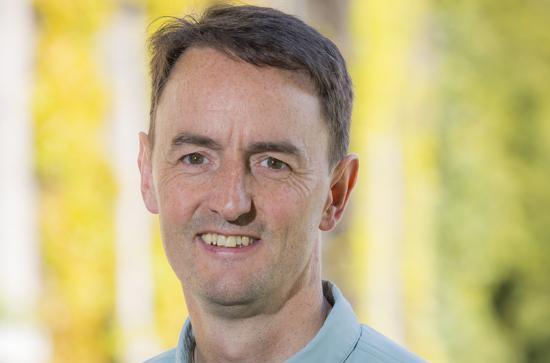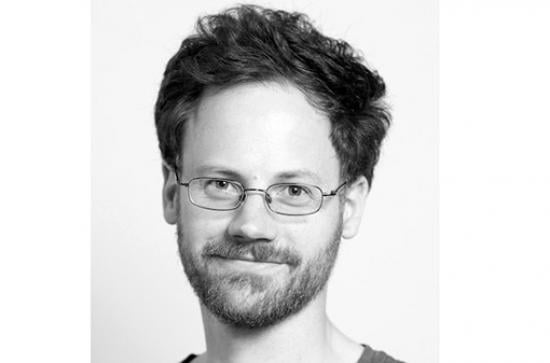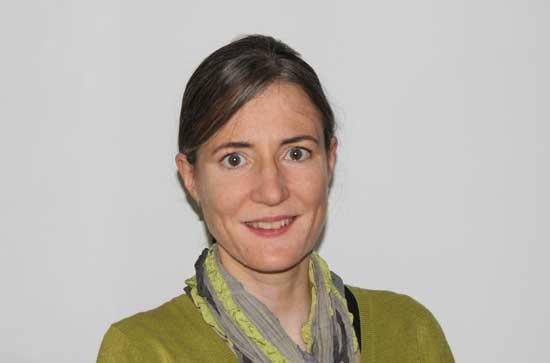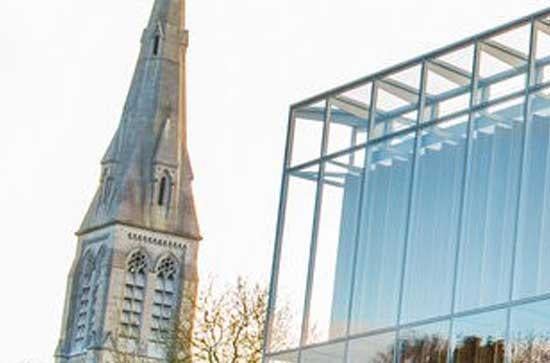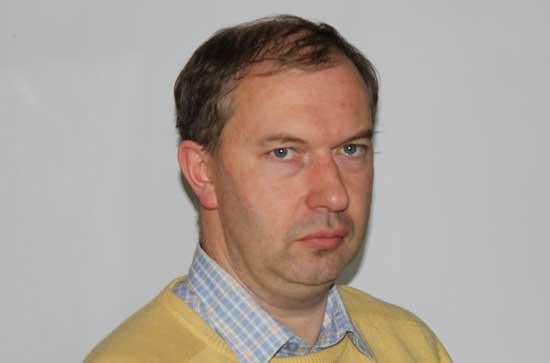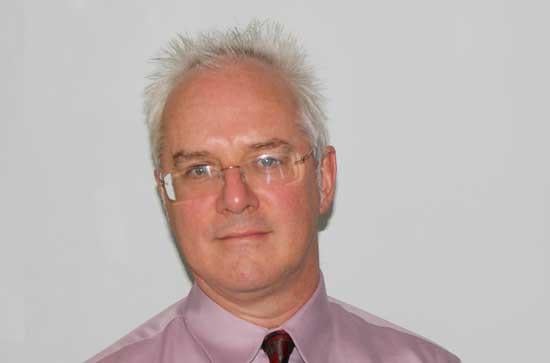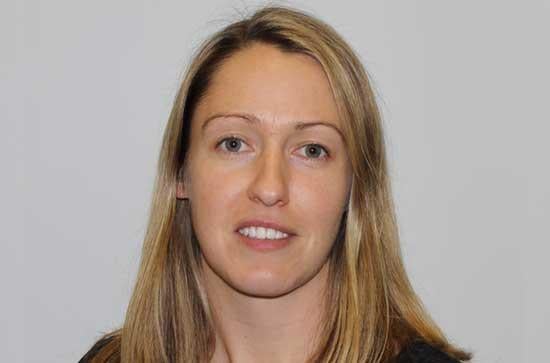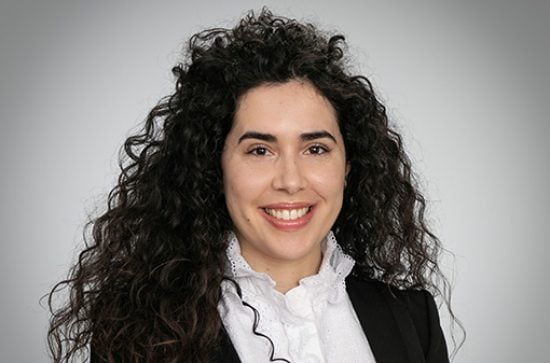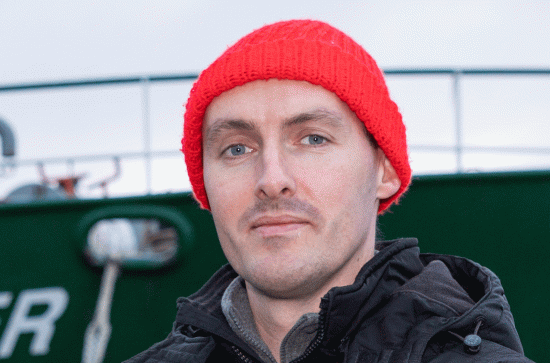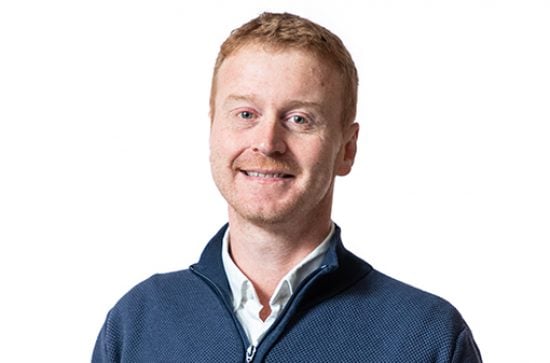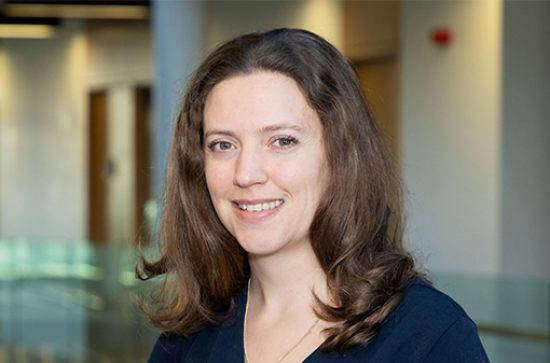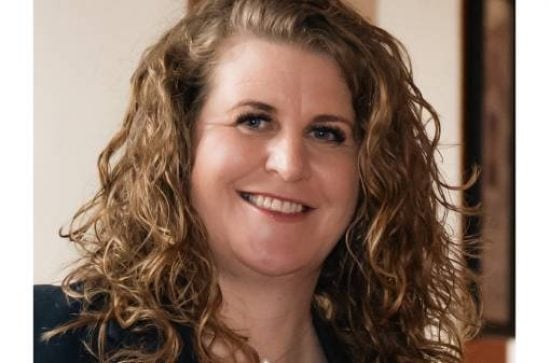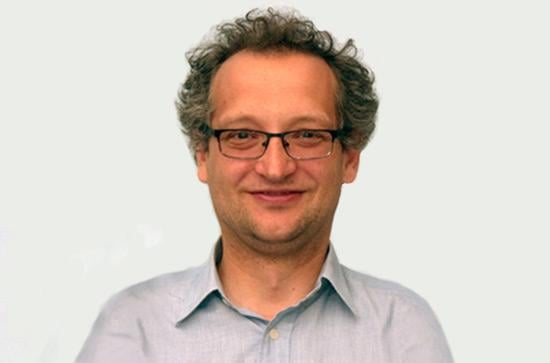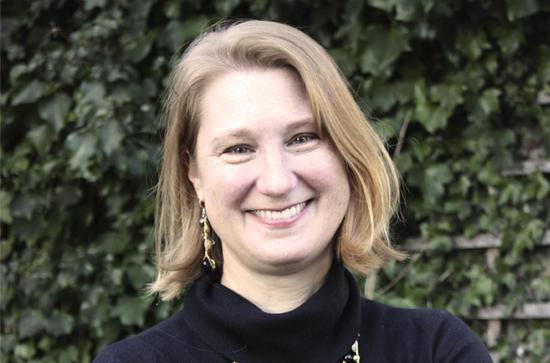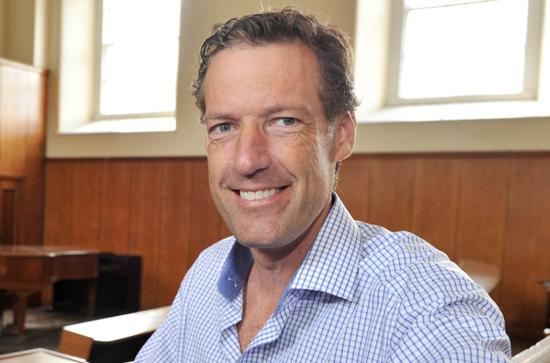Qualification : MASTER OF SCIENCE DEGREE
Award Type and NFQ level : TAUGHT MASTERS (9)
CAO/MU Apply code : MHN58
CAO Points :
Closing Date : 30 June 2025
Given the wider development of Citizen GIS and an increased public awareness and knowledge of the power and value of spatial data, vastly increased amounts of such data from different sources are now available to researchers. However, in order to turn these data into useful information, they must be efficiently managed, processed and analysed before being displayed in a comprehensible format. Geographical Information Systems and the associated field of Remote Sensing greatly aid us in such tasks. The course is equally split between both parts - GIS and Remote Sensing - with four core modules introducing the theory and practice of both subject at an introductory and advanced level. Geographical Information Systems or GIS as they are better known, are widely used in a wide variety of subject fields across the physical and social sciences and even in the humanities, with applicability in everything from archaeology and astronomy to geomorphology and globalisation to soil science and social planning. Remote Sensing the analysis and interpretation of aerial and satellite imagery has transformed the manner in which we view the Earth. The synoptic view of the Earth that it has given us has greatly improved our understanding of atmospheric and oceanic processes, sustained environmental management and the interaction of humans with the natural world. It is now a standard research tool in many fields such as geology, geography, pollution control, agriculture and climatology. Additional optional modules in Programming, Spatial Databases and Marine Remote Sensing are also available to students who want to develop the technical side more fully, though the course has a strong applied flavour throughout. In addition, all students complete a work placement in the summer months which allows them to gain valuable practical experience to test and develop the skills learnt across the course.
The MSc in GIS and Remote Sensing is accredited by both the Society of Chartered Surveyors Ireland (SCSI) and the Royal Institution of Chartered Surveyors (RICS) in the UK. Graduates of this MSc are eligible to proceed along the pathway to become Chartered Geomatics Surveyors.
Aims of the Course
- To provide highly qualified, motivated graduates who have been trained in Geographical Information Systems, Remote Sensing and Digital Image Processing and who can apply the information technology skills they obtain.
- To produce marketable graduates who will make significant contributions to GIS and RS application areas including; industry, government, academia, the community and voluntary sector and other public and private bodies.
- To provide an understanding of Geographical Information Systems and Remote Sensing, the technology involved and its applications for specific investigations.
Commences
September (*optional courses may start ahead of the formal term date).
The basic entry requirement is a degree with a minimum of Second Class Honours (2:1) or equivalent in any of the following subjects: Geography, Planning, Physics, Computer Science, Environmental Science, Geology, Mathematics, Engineering, Geophysics, Public Administration, Public Health or a cognate discipline. Applicants must have a recognised primary degree which is considered equivalent to Irish university primary degree level.
Minimum English language requirements:
Applicants for whom English is not their first language are required to demonstrate their proficiency in English in order to benefit fully from their course of study. For information about English language tests accepted and required scores, please see here. The requirements specified are applicable for both EU and International applicants.
Maynooth University's TOEFL code is 8850
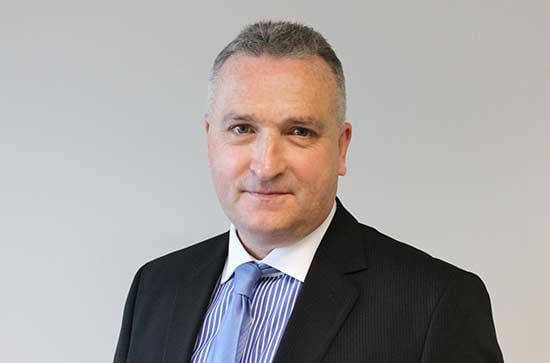
Academic
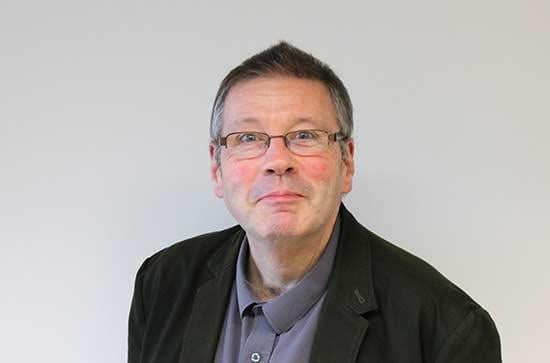
Academic
Department of National Centre for Geocomputation (NCG)
Department of Social Sciences Institute (MUSSI)
Department of Geography
Department of Hamilton Institute
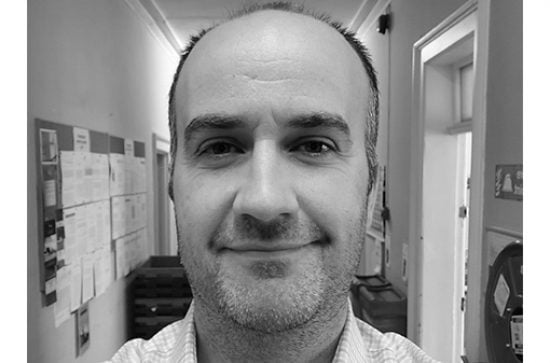
Academic

Academic
Department of National Centre for Geocomputation (NCG)
Department of Social Sciences Institute (MUSSI)
Department of Geography
Department of Hamilton Institute
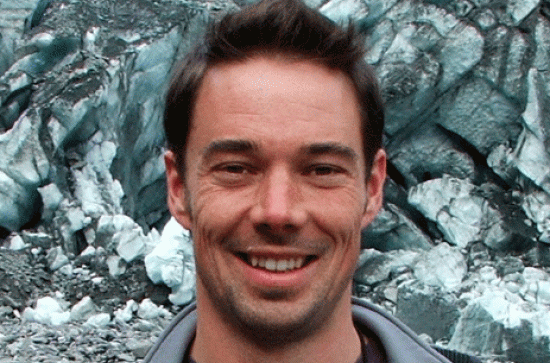
Academic
Department of Geography
Department of ICARUS
Department of Social Sciences Institute (MUSSI)
Department of National Centre for Geocomputation (NCG)
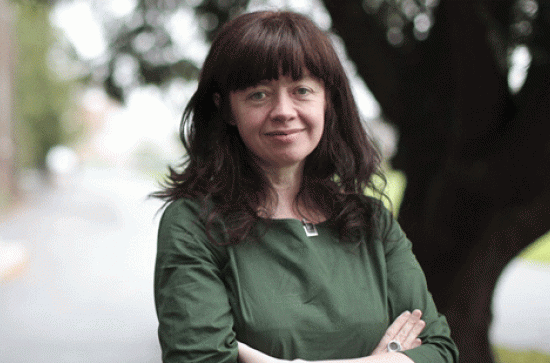
Academic
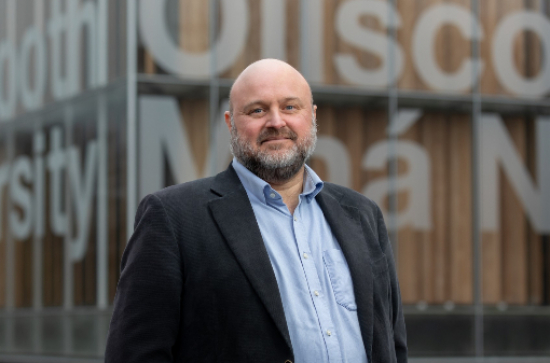
Academic
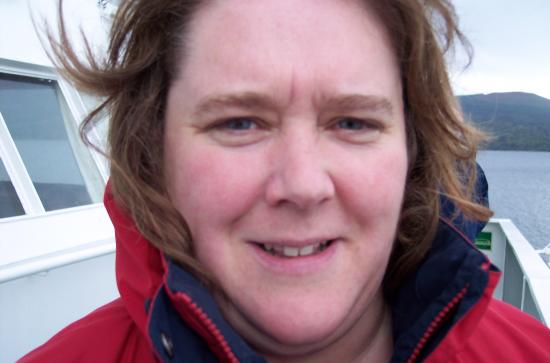
Academic
The course consists of six modules, five of which are compulsory. Two of these cover the theoretical concepts underpinning GIS and Remote Sensing. Two other modules involve gaining the theoretical and technical skills necessary to become proficient in the management and analysis of spatial data. A fifth module involves an assessed work placement during the summer months.
Online application only. To make an application please click here.
To apply for your chosen postgraduate study at Maynooth University, please ensure you have the following documents to make an application:
- Evidence of your primary degree
- Academic transcripts
- A copy of your passport
- A personal statement
Applicants for whom English is not their first language are required to demonstrate their proficiency in English in order to benefit fully from their course of study. For information about English language tests accepted and required scores, please see here. The requirements specified are applicable for both EU and International applicants.


